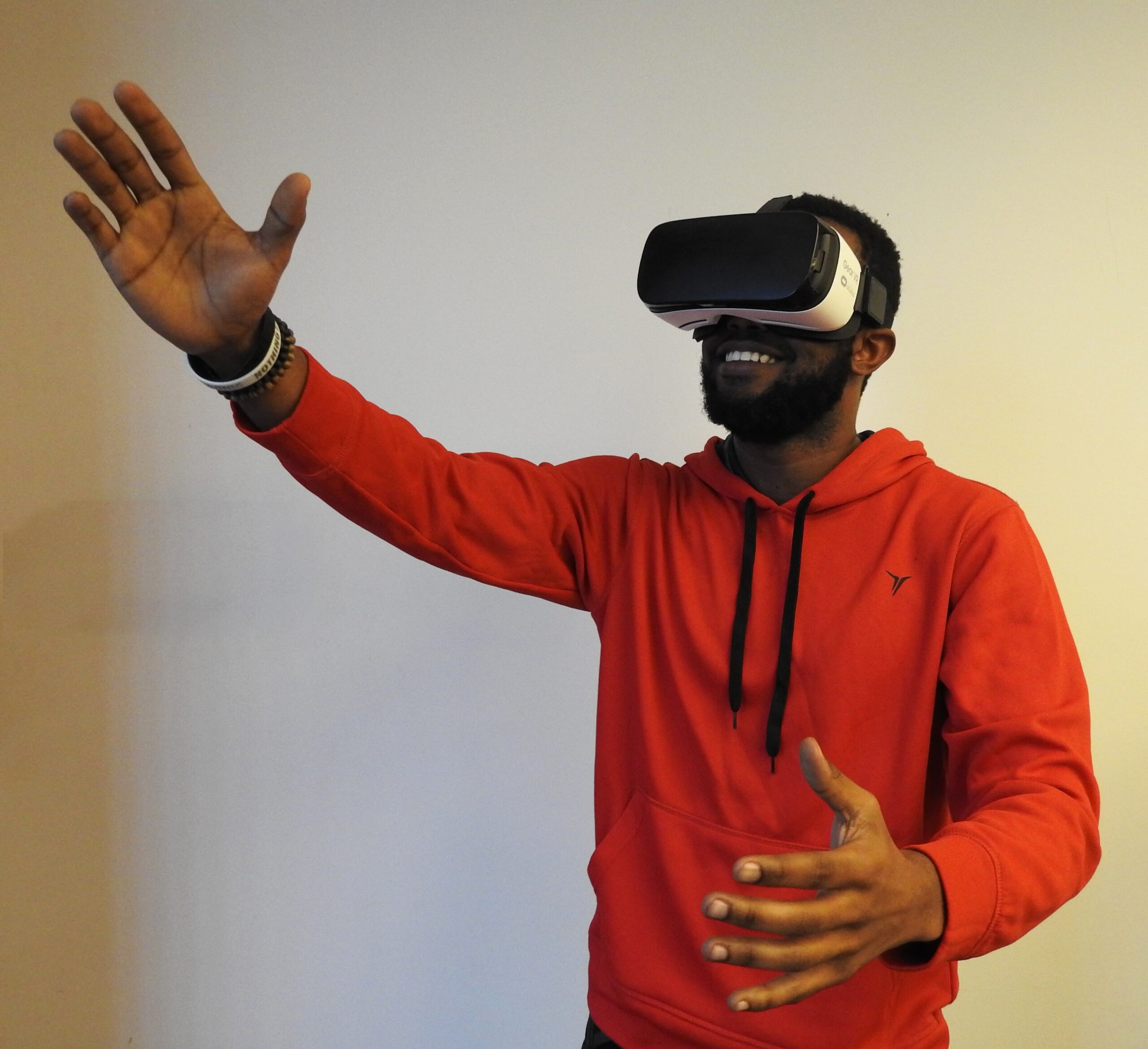
PROJECT FACTSHEET
Project acronym: ViRAL
Full project title: A Virtual Reality Approach in Learning about Doping
Project duration: 36 months
Number of partners: 7 (Aristotle University of Thessaloniki, Sheffield Hallam University, University of Leipzig, National University of Physical Education and Sports, Aalborg University Copenhagen, European Network of Sport Education, Curtin University of Technology)
Funding: Erasmus+ call on Sport
PROJECT OBJECTIVES
Utilize cutting-edge behavioural science research about the risk and protective factors against doping use in amateur and grassroots sports to inform the development of an anti-doping virtual reality program
Use an “open innovation” framework to co-design the anti-doping virtual reality program, through the active collaboration of VR designers and young people engaged in amateur and grassroots sports.
Apply and evaluate the effectiveness of the doping prevention VR program in changing young people’s learning, motivation, beliefs, and behaviour towards the use of PAES, and in promoting a more positive mentality about drug-free and health-enhancing physical activity and sports.
Train the trainers on how to promote the virtual reality program into several of the project’s target groups, namely young competitive and recreational athletes.
INTELLECTUAL OUTPUTS
(01) Literature review – Scenarios: A desk research for interventions will be performed. In addition partners will provide existing evidence in their countries, not presented in any data bases. The most suitable educational sources will be derived that will guide the development of the scenarios for the virtual reality program.
(02) Virtual reality program: The VIRAL program will include several different playing scenarios/levels where participants will experience first-person experiences of the use of doping, such as physical effects of doping simulated in the virtual environment as well as first-person perspective of a relation to the user and/or experience different dilemmas with respect to doping use. The VIRAL educational is expected to foster knowledge on doping-related issues, such as the consequences of doping use and checking medication, and empower athletes to take the right decisions through strengthening their efficacy to resist temptations, increasing moral reasoning and morality etc.
(03) End Users’ Evaluation Report and Results: This output describes the results of the virtual reality program evaluation. This output will evaluate end users’ usability evaluation of the virtual reality program services and behaviour change indicators
(04) Launch events – train the trainers: This output involves the dissemination of the virtual reality program to sportspeople who will serve as ambassadors of the project and promote the use of digital technologies in anti-doping education.